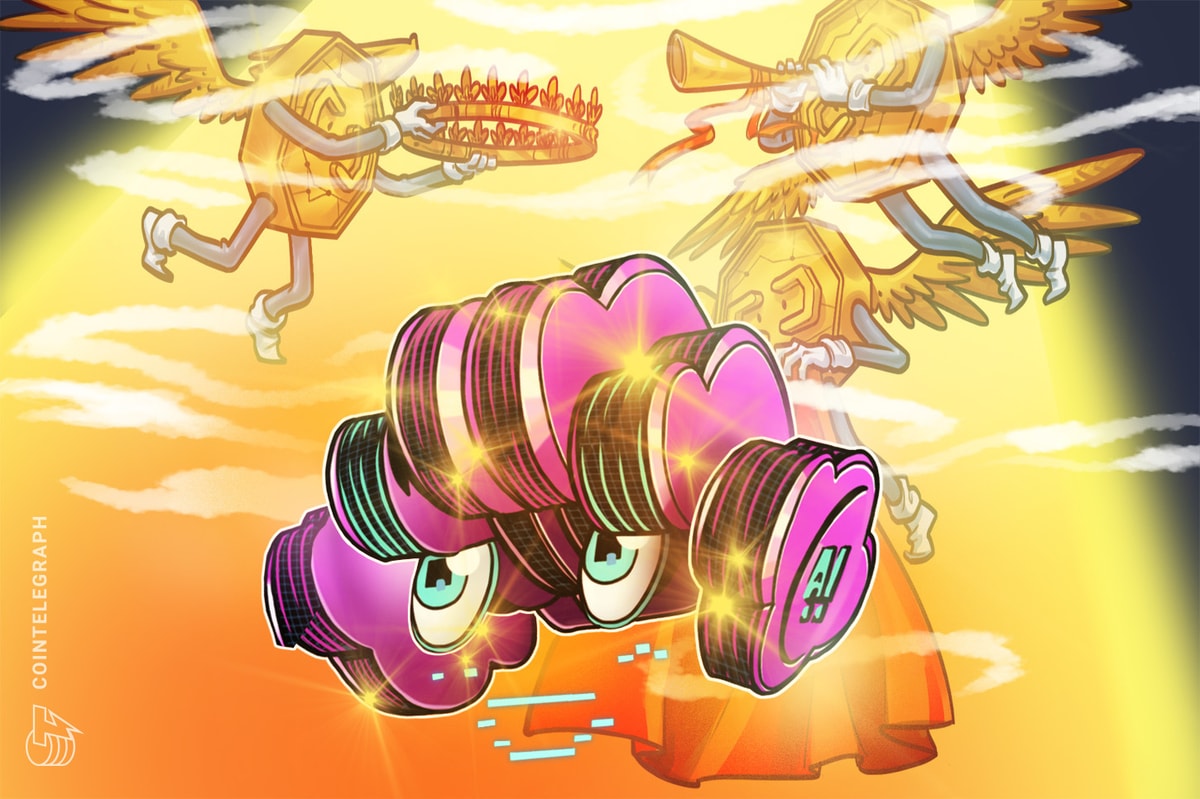Billionaire industrialist Elon Musk issued a response to a CNBC article, dated June 4, alleging that the Tesla CEO told Nvidia to prioritize artificial intelligence chips originally meant for Tesla to his privately owned X social media company.
In the article, CNBC claimed that emails provided to them from Nvidia indicate that Musk told the graphics processing and AI chip manufacturer to divert 12,000 Nvidia H100 chips from Tesla to X.
However, Musk has since responded to the article in several social media posts denying the claims and clarifying that Tesla had no need for the chips at this time—claiming that they would have sat idle in a warehouse collecting dust.

The tech entrepreneur then added, “The south extension of Giga Texas [factory] is almost complete. This will house 50k H100s for FSD training,” before calling the author of the article a "liar" in a separate social media post.
The damage done
Following the release of the CNBC piece, Tesla shares reportedly dropped 1% in price early on June 4.
CNBC also claimed that the release of the Nvidia emails exacerbated already inflamed tensions between Musk and some Tesla investors, who feel that the CEO has conflicts of interest and has bitten off more than he can chew.
Musk manages and owns a consortium of high-tech companies both public and private including Tesla, SpaceX, Neuralink, xAI, and his social media company X, formerly known as Twitter.
Related: Elon says AI will ‘do everything better than you,’ make employment obsolete.
Musk and the AI race
The serial entrepreneur has emerged as a major figure in the artificial intelligence and brain-to-computer interface sectors, with companies like xAI and Neuralink offering direct competition to OpenAI and Google.
X began a slow rollout of the Grok chatbot in 2023 as a “non-woke” alternative to OpenAI’s ChatGPT. The large language model chatbot has since become available to all paid users of the X social media platform.
Musk’s Neuralink also received the green light from the U.S. Federal Drug Administration to begin conducting human trials. In February, Neuralink successfully implanted the first human test subject with the brain-to-computer interface.
According to Musk, the individual was able to control a computer mouse directly through the interface using only his thoughts.
Magazine: Deepfake K-Pop porn, woke Grok, ‘OpenAI has a problem,’ Fetch.AI: AI Eye.











